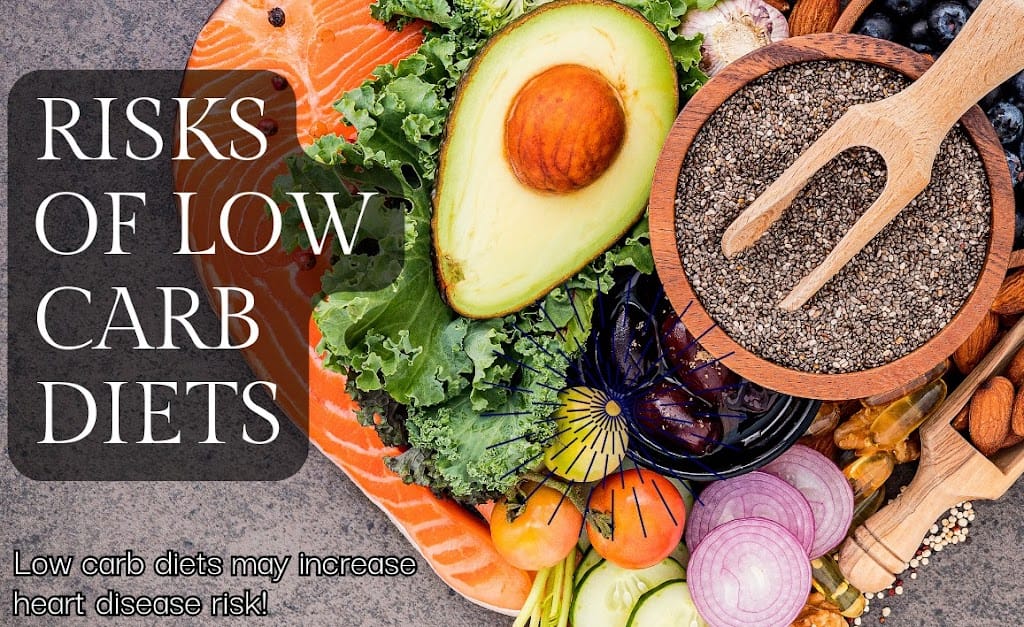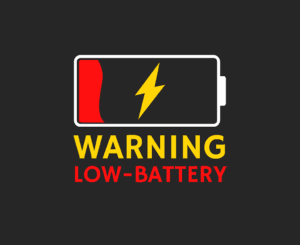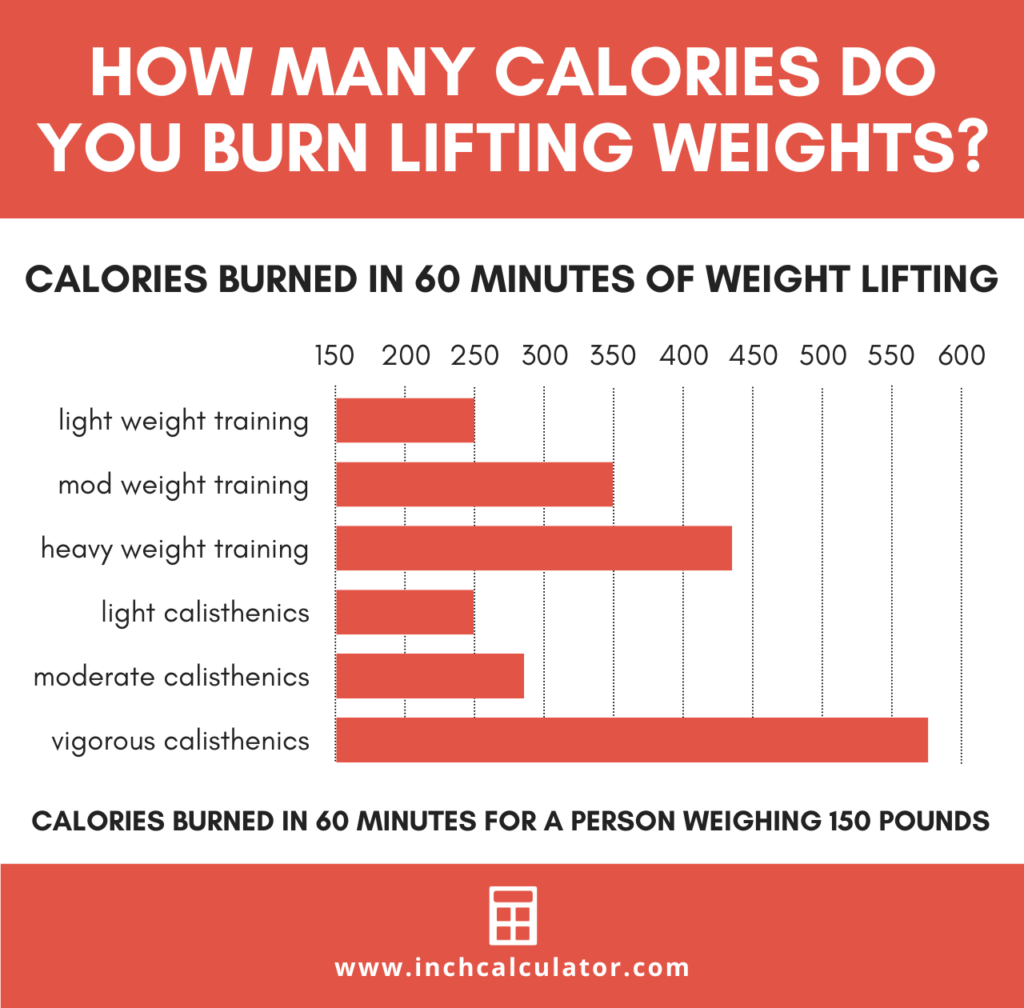The repercussions of following a diet that is low-calories are unavoidable and occur automatically. Decreased metabolism, loss of muscle, increased activity of fat-storing enzymes and hormones, decreased activity of fat-burning enzymes and hormones, decreased thyroid output, increased appetite, increased likelihood of regaining weight, and decreased energy and work capacity are some of the responses that occur within the body. These responses are of a metabolic, hormonal, and psychological nature. If you think lowering calories can help you lose weight faster, you should remember that fast never last longer! So take 1 cup coffee zero sugar and read this article to know the facts.
You should avoid diets that are extremely low-calories for the following seven reasons:
1. The Metabolic Rate is Slowed Down by Diets That are Extremely Low-Calorie
When you are severely lacking in calories, the first thing that happens is that your metabolic rate slows down or stops altogether. Your metabolism will slow down in proportion to the calorie count you consume. To put it another way, when you consume small amount of calories, your body burns small amount of calories. Consuming more food causes your body to create more heat.
In his book titled “Everything you need to know about fat loss,” Chris Aceto, a nutritionist who specializes in bodybuilding, provides a wonderful analogy to demonstrate the operation of this mechanism: According to what he wrote, “If you are earning $4000 per month, but your boss suddenly reduces your pay to $2500 per month, you will attempt to live the same lifestyle on $2500 per month as you did on $4000 per month.” After some time has passed, you will need to make adjustments, conserve money, and alter your way of life. The same is true when one consumes an inadequate amount of calories on a daily basis. As a result of the body’s ability to adjust and slow its metabolism when calories are reduced below the level of the body’s basal metabolic needs, it becomes difficult to shed fat even when consuming a low food intake.
It has been demonstrated that this metabolic slowing occurs. There is a minimum 20-30% decrease in your metabolism when you restrict the calorie count you consume. The resting metabolism can be slowed down by as much as forty-five percent, according to the findings of certain research, when severe calorie restriction is implemented. That is the same as if your daily energy expenditure dropped from three thousand calories per day to merely sixteen hundred fifty calories per day! When you have been following a low-calorie diet for an extended period of time, it is possible to consume very little food and still not lose weight. The fact that this is the case also explains why it is so challenging to shed those final ten or twenty pounds.
2. Very Low-Calorie Diet Make You Muscle Tissue Lose
The loss of muscular tissue is the most detrimental effect that can be caused by a diet that is low-calories. As soon as the alarm for starving is activated, your body will start searching for ways to preserve energy. Muscle acts as a tissue that is metabolically active. One of the ways in which the body reduces the amount of energy it expends is by eliminating it. Using muscle as a source of energy is a simple process for your body. Gluconeogenesis is the process that is responsible for turning glucose from muscle into glucose. This encompasses not just the skeletal muscles but also the internal organs and even the muscle of your heart!
It has been demonstrated in numerous studies that a diet consisting of extremely few calories and a lack of physical activity will invariably result in forty to fifty percent of the weight reduction coming from lean tissue. Numerous diets, particularly those that are low in carbs, are responsible for significant reductions in water weight. The loss of water, glycogen, and muscle all contribute to the fact that at least seventy-five percent of the weight you lose on such regimens is not fat.
The early weight reduction that occurs on the majority of diets is quite false, and it simply gives you the impression that you are successful. If a diet is overly restrictive, even with activity, a significant portion of the weight loss will still be caused by the loss of lean tissue.
3. Very Low-Calorie Meal Plan Increase Activity of Fat-Storing Enzymes and Decrease the Activity of Fat Burning Enzymes
Diets that are extremely low in calories will cause the activity of enzymes that store fat to increase while the activity of enzymes that burn fat will decrease. This enzyme, known as lipoprotein lipase (LPL), is the most important fat-storing enzyme. When you reduce the calorie count you consume to an unhealthy level, your body will generate more LPL and less enzymes that burn fat. To put it another way, when you don’t consume enough food, your body alters its chemical composition, which makes it simpler for it to create fat reserves in the future.
4. Very Low-Calorie Diets Decrease the Output of Thyroid Hormone
Your basal metabolic rate, or the rate at which you burn calories when you are at rest, is generally controlled by the thyroid gland, which is primarily responsible for this regulation. There is a similar decrease in the amount of active thyroid hormone (T3) that is produced by your body if it detects a significant reduction in the number of calories that you consume. Your metabolic rate will slow down as a consequence, and you will take in small amount of calories as a result.
5. Very Low Calorie Diet Meal Plan Increases the Chance of Rebound Weight Gain
It is not uncommon for people to see initial weight loss when following a diet that is extremely low-calories; nevertheless, it does not take long for the body to adjust and begin conserving energy. You have reached a plateau at that point. In spite of the fact that you are consuming a very low number of calories, it is considerably more difficult to continue losing weight once you have reached the plateau. People typically give up out of sheer frustration since they are unable to continue to see results, which, when paired with gnawing hunger pangs and an insatiable appetite, causes them to experience. They stop following their diet, which causes them to regain the weight they lost and their body fat to return to where it was before they began, with the exception that they now have less muscle and a slower metabolism.
Having a slower metabolism causes what was once considered a maintenance level to become a surplus, which in turn causes the weight to return to its previous level. The majority of people regain all of the weight that they lost, and some people acquire even more weight, leaving them much more obese than they were before they began their weight loss journey. This pattern of losing weight and then gaining it again is widely referred to as the “yo-yo cycle,” and it frequently continues for years or even for the entirety of a person’s lifespan.
It is possible to experience a gradual increase in body fat despite consuming a reduced amount of food if you follow a diet that causes your metabolism to become less efficient with each successive round of dieting.
6. Very Low-Calorie Diets Can Increase Your Appetite and Cravings
This causes your body to go into starvation mode, which causes your appetite to increase and causes you to crave food in an effort to urge you to consume more food. These cravings and hunger can sometimes be so intense that they cause you to become ravenous. When your stomach is rumbling with hunger and all you can think about is food, it is extremely difficult to stick to a diet plan. Few people possess such a high level of willpower.
7. Very Low-Calorie Foods Decrease Body Energy, Stamina and Work Capacity
Exhaustion, lethargy, and an inability to maintain high levels of activity or intensive workouts are all symptoms that are associated with low-calorie diets. “The first sign of under nutrition is the loss of energy and the inability to sustain prolonged physical work,” says Dr. Lawrence Lamb, author of “The Weighting Game: The truth about weight control.” Lamb makes this observation regarding the first sign of under nutrition. The amount of physical labor that a person is capable of performing is directly proportional to the number of calories that they ingest.
You will feel terrible and your results will be severely compromised if you are unable to work out because you do not have the energy to do it. In order to achieve long-term success in fat loss, it is essential that you have the ability to train vigorously both aerobically and with weights. Try to add whole grain like food on your diet to balance energy production on your body.
Remember, Taking Fewer Calories Meal Can Reduce Your Body Heat Production! So, Try To Make Your Diets Safe and Select Different Food Groups To Collect Proper Nutrition. Food You Can Eat Such ad Greek Yogurt, Oats, Small Amount of Cottage Cheese for Healthy Nutrition.
FAQ’s
Is a low-calorie diet safe for everyone?
Low-calorie diets may not be suitable for everyone, especially those with diabetes, heart disease, or hormone abnormalities. Consult a doctor before starting a low-calorie diet to make sure it fits your needs.
What are low-calorie diet nutritional deficits’ risks?
Cutting calories may deprive the body of vitamins, minerals, and proteins. Nutrient shortages can impair physiological functions and cause health problems. Carefully prepare a low-calorie diet with a variety of nutrient-rich foods or consult a doctor about supplementation.
Can low-calorie diets affect metabolism?
A long-term low-calorie diet may reduce metabolism while the body conserves energy. The quantity of calories burned during rest may decrease, making long-term weight loss harder. Calorie reduction and metabolism maintenance through exercise and nutrition must be balanced.
Does a low-calorie diet create psychological risks?
Low-calorie diets may cause psychological disorders such disordered eating, anxiety, and sadness. Calorie restriction can alter mood and cognition. Low-calorie diets should be considered with mental health in mind and professional help if needed.
What health precautions should be followed with a low-calorie diet?
Weight loss should be gradual and sustainable to reduce health concerns from a low-calorie diet. Hydrating, monitoring nutrient intake, and eating a range of nutrient-dense foods can reduce hazards. Dieting requires regular medical checkups and consultation with a healthcare practitioner or licensed dietitian for tailored instruction and monitoring.
Conclusion
In conclusion, steering clear of very low-calorie diets is crucial for your overall health and well-being. While these diets may promise short-term weight loss and a structured eating plan, the potential risks far outweigh the benefits.
The importance of a balanced diet cannot be overstated. Restricting calorie intake to extremely low levels, such as in an 800-calorie diet, may lead to nutrient deficiencies, leaving your body without essential vitamins and minerals. This can have adverse effects on your energy levels, immune function, and healthy progress. Healthy eating habits must needs to amazing results.
Moreover, very low-calorie diets often fail to provide sufficient calories to support weight loss in a sustainable manner. While it may seem like a quick fix, the weight lost is often water weight and muscle mass, rather than fat. This can leave you feeling fatigued, hungry, and frustrated in the long run.
It’s essential to focus on a diet plan that supports weight loss through a gradual, steady approach. Consult with a registered dietitian or your healthcare provider to create a personalized diet that meets your nutritional needs. Opt for a balanced diet that includes a variety of nutritious foods from different food groups such as whole grain, ensuring you receive the necessary nutrients and fiber.
Remember, sustainable weight management involves making healthy food choices and maintaining a calorie deficit within reasonable limits. Rather than fixating on the calorie count, prioritize the quality of your food intake. Choose nutrient-dense options like high-fiber foods, lean proteins, healthy fats, and a variety of fruits and vegetables. Focus on low-fat meals.
In your weight loss journey, focus on long-term success and healthy progress. Avoid the pitfalls of extreme caloric restriction, and instead, embrace a balanced and nourishing approach to eating. Your body deserves the right fuel for optimal function, and a well-rounded diet will not only support weight lose but also contribute to your overall well-being.













